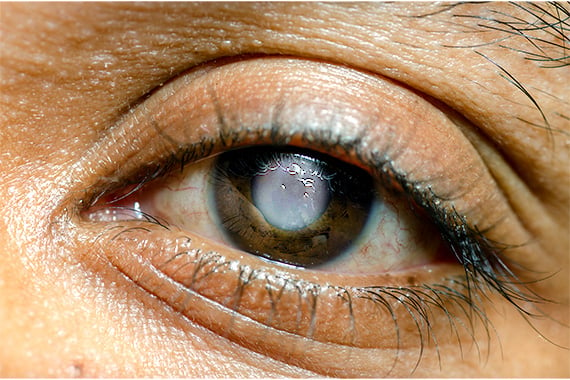Ghanaians urged to use RTI law to ask government to disclose information on spyware
Ghanaian authorities are known so far, to have obtained different spyware that cost the country some $184 million. This figure is from what is known by researchers, cyber experts and journalists, but the authorities are silent on the matter.
Ghana Business News published a report in May 2024, which established that Ghana has acquired five different kinds of spyware with varying degrees of capabilities from overseas companies, and there is evidence that these technologies are being used in the country to spy on citizens.
The country is known to have obtained surveillance technologies, and mobile spyware from four Israeli companies, NSO Group, Cellebrite, QuaDream and Mer Group. The others are Decision Group of Taiwan, Tactical Devices of Switzerland, and Intellexa of Greece. The country has also obtained CCTV component of the smart city project powered by Huawei from China.
The editor of a research based on open-source data titled; ‘Mapping the supply of surveillance technologies to Africa: Ghana country report’, that was published by the Institute of Development Studies, Tony Roberts, has told Ghana Business News in response to questions about the study that the report shows that Ghana has procured five kinds of surveillance technologies.
However, no Ghanaian government at any point has publicly admitted what spyware it has acquired and for what purpose, Ghanaians are therefore being called upon to use the Right to Information law to obtain information on the spyware the governments have acquired over time.
“Ultimately, no democracy can thrive under a regime of secret surveillance without accountability. The acquisition and use of tools like Pegasus must be subject to law, judicial control, and public scrutiny — not concealed behind the curtain of “national security,” Prof Asare said.
Prof Stephen Kwaku Asare, CDD Democracy & Development Fellow tells Ghana Business News that Ghanaians should use the Right to Information (RTI) law to ask if the government has acquired any spyware.
“I think the government can’t use this to monitor citizens’s communications. A law or judge may permit the government to use it but only under very restricted circumstances. Citizens may pursue an RTI, pursuant to right of information, to inquire about whether government has acquired one,” he said.
Dr Gifty Appiah-Adjei, the Head of Journalism and Media Studies Department at the University of Education, Winneba, who does research on spyware in Ghana, says: “The fact that spyware procurement and deployment are shrouded in secrecy and the vast majority of the citizens are unaware or ignorant of instances of rights violating digital surveillance make it difficult to demand transparency and accountability from government.”
Dr Appiah-Adjei noted that even though she cannot generalise from her studies, based on the sample and findings, that there’s mass rights violating digital surveillance in the country, empirical evidence shows that it’s been done to some voices of dissent.
“Unfortunately, our laws that bother on surveillance and the right to privacy are poorly defined and favour the state agencies more than the citizens – these situations give room for the abuse,” she added.
A report published in 2023 by the UK-based Institute of Development Studies (IDS) says Ghana has spent some $184 million on known contracts with multiple overseas companies. The report was produced by qualitative analysis of open-source data in the public domain, the authors say. The report notes that Article 18 of Ghana’s constitution prohibits state interference with citizens’ privacy, family, home, or correspondence, and the government generally respects these prohibitions in practice.
Dr Appiah-Adjei argues that there are two sides to a coin. Hence, evidence from existing studies shouldn’t be one-sided – “we need evidence from the state security officials, but will they open up to researchers and CSOs about their deployment of the spyware? That will be very difficult since they will not be willing to open up to researchers and CSOs on their deployment of spyware even if the RTI is used,” she said.
“Ultimately, no democracy can thrive under a regime of secret surveillance without accountability. The acquisition and use of tools like Pegasus must be subject to law, judicial control, and public scrutiny — not concealed behind the curtain of “national security,” Prof Asare said.
By Emmanuel K Dogbevi










